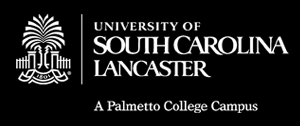Abstract
This article looks at eudaimonic happiness and political ideology seen in terms of liberalism and conservativism. It appears that these two ideologies are driven by different temperaments that have been broadly viewed as Platonic and Aristotelian. It is often said that Aristotle is the master of those who know as Plato is the master of those who dream. Temperament is composed of a number of sub-traits that are highly heritable which, separately and together, move us to perceive the world in certain ways and thus help to forge worldviews that are emotionally attractive to us. Liberalism/conservativism is also consistently found to be heritable in the mid-50s range. It is well established that liberals and conservatives differ on the personality traits measured by the Big Five traits, and that these traits are each predictive of different levels of happiness. It is also well established in studies from around the world that conservatives report greater happiness and greater meaning in life than liberals. I thus explore reasons why this is so in terms of external reasons such as system justification theory, and in terms of personality traits, religious beliefs, beliefs in meritocratic principles, beliefs about victimhood, and marriage and divorce rates.
Recommended Citation
Walsh, Anthony
(2023)
"Eudaimonic Happiness, Temperament, and Political Ideology,"
Journal of Ideology: Vol. 42:
No.
1, Article 4.
Available at:
https://scholarcommons.sc.edu/ji/vol42/iss1/4
